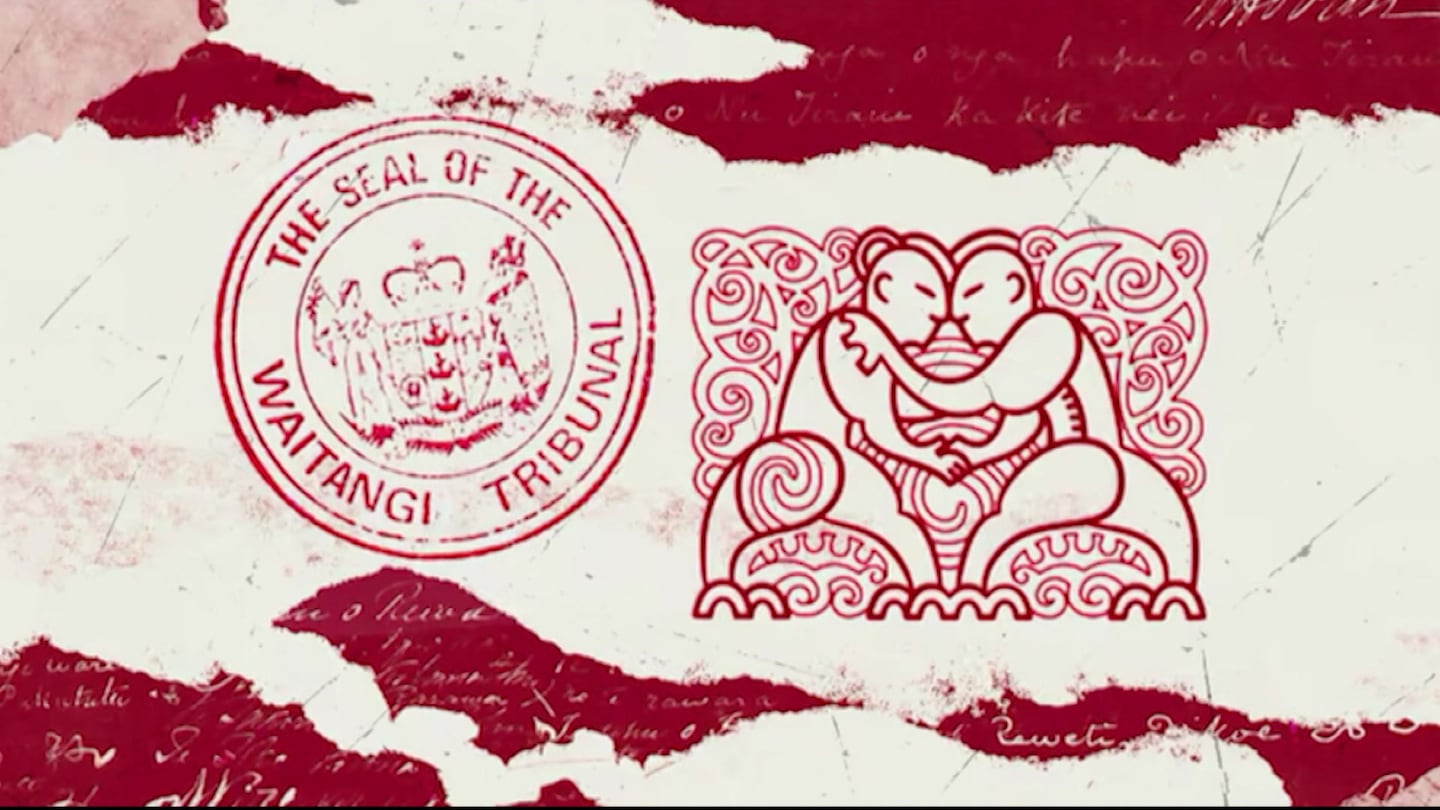A government review announced last week - part of the coalition agreement between New Zealand First and National - is set to refocus the “scope, purpose and nature” of the Tribunal’s inquiries back to its “original intent”.
The review will be led by an Independent Technical Advisory Group of four, chaired by Bruce Gray KC.
The other members of the group are lawyer and former Waitangi Tribunal member David Cochrane, Te Kotahitanga o Te Atiawa chief executive Dion Tuuta, and senior public servant and former chief executive of Te Kohanga Reo National Trust Kararaina Calcott-Cribb.
Te Hunga Rōia Māori, the Māori Law Society co-president, Natalie Coates said it would be a big task to conduct a wide-sweeping review within the timeframe.
Engagement on the review will begin in mid-2025, and advice will be provided to ministers by September.
Coates was not adverse to an independent review taking place, given it has been 50 years, but she said there was a deep scepticism amongst the Māori community given the government’s approach to te Tiriti and Māori issues in general.
When the Waitangi Tribunal was set up in 1975, it did not have the ability to look backwards, so the original conception of the Tribunal was to respond to contemporary breaches of te Tiriti o Waitangi, she said.
“I guess I’ve been a little bit confused about that kind of wording, or at least find it interesting and curious because I think what the Tribunal is currently doing is actually focusing on and doing what they were originally set up to do.”
Coates said even though its recommendations weren’t binding, the Tribunal played a critical role as a check and balance on Crown power.
“It should be a good thing to know whether the Crown is breaching te Tiriti o Waitangi so that informed decisions can be made, and I think the idea being [thrown] around of them being activist is just not true.
“They’re doing the job that they were set up to do, and they’re doing so with the kind of the full intellectual rigour that applies in those spaces.”
Treaty Law scholar Carwyn Jones said he hadn’t seen the full terms of reference for the review beyond the statements by Minister Tama Potaka, and what was contained within National and New Zealand First’s coalition agreement to refocus the Tribunal back to its “original intent.”
“I was always a bit confused by that because, as far as I could tell, the Tribunal was doing exactly what was originally intended.
“Its original intent was that it would focus on current or contemporary crown actions or policy,” he said.
The Tribunal had played a crucial role over this term of government in scrutinising Crown policy for its impact, particularly on Māori, he said.
“What we see is that the government doesn’t like the Tribunal asking questions about quite basic things around good government, about what is your policy is intended to do, what’s the problem you’re trying to solve, have you looked at options, do you know what the impact of it is?
“All of these things the Tribunal is making transparent that the government has no answers to across a whole range of policy, so of course the government doesn’t like that.”
That’s a sentiment that Coates echoed.
“I mean, no government really loves the Tribunal because their whole purpose is to tell it what it’s doing wrong on a treaty front,” she said.
Jones said David Seymour’s comments about the Tribunal becoming “increasingly activist” showed that, from the government’s perspective, the Tribunal had been too effective in holding the government to account.
“We’ve seen that time and again through a whole range of government policy, whether it’s the removal of section 7AA of the Oranga Tamariki Act or whether it’s through Māori wards or even this review itself, the government has not defined what the problem is... because all it is is this kind of ‘government by vibe’ this evidence free policy development.”
As a permanent Commission of Inquiry, the Tribunal actually had a lot of flexibility about its own process and had been very agile and adaptive in changing to meet different needs across its 50-year, history, he said.
“So the Tribunal itself is making those changes, it’s constantly reviewing what it’s doing and whether it’s working.
“So I don’t think it’s particularly helpful for the government to be doing this, really all the Tribunal needs is more support and resources for it to more effectively deliver.”50-year



